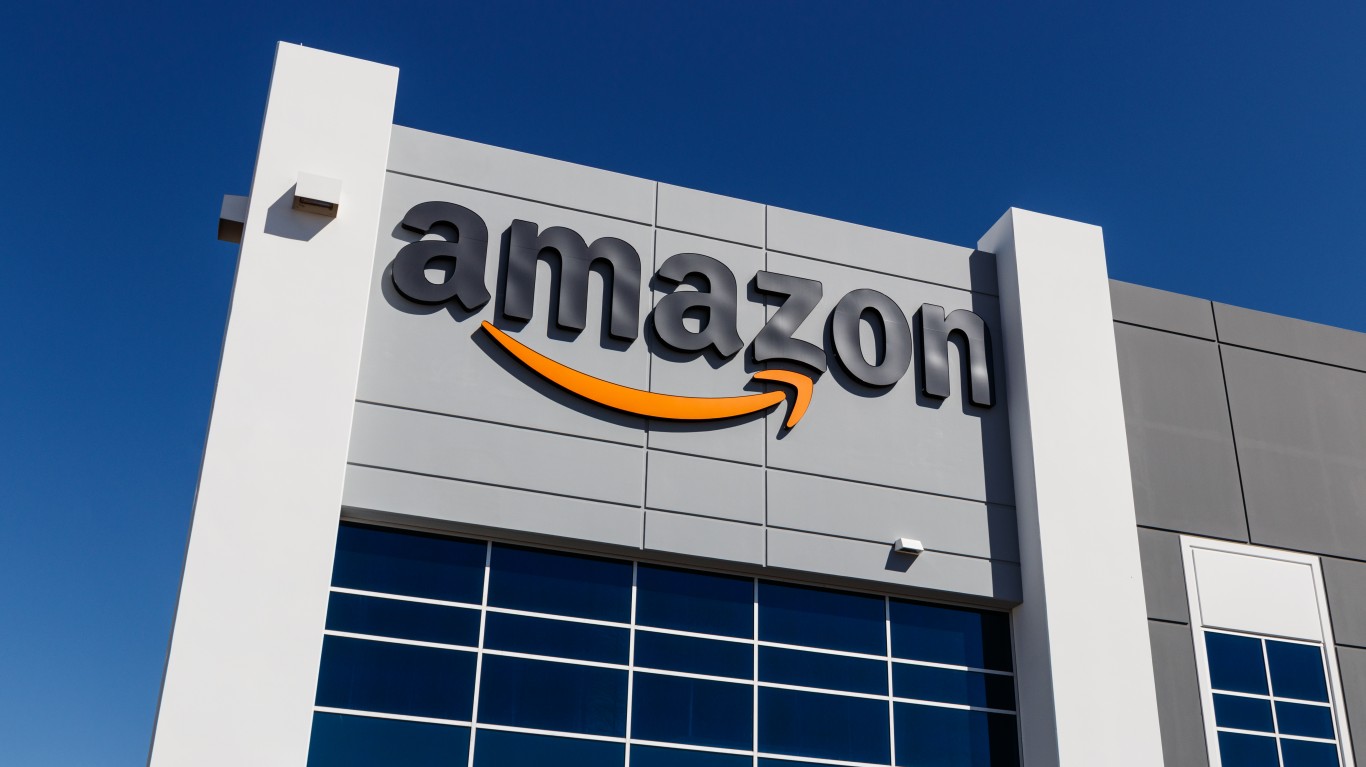Barron’s makes the argument that SAP’s (SAP) shares are very cheap. The company is the world’s largest provider of business software. Last week the firm announced that quarterly profit rose 8% to $619 million. The magazine writes that "the stock cheap, at a forward enterprise value/Ebitda multiple of 14 times its share price." And, Barron’s believes that those numbers make SAP a candidate for a private equity buy-out.
SAP has a market cap of $65 billion, so the purchase price would probably be above $75 billion.
But, why let private equity have all the fun? SAP’s biggest rival, Oracle (ORCL) has a rapacious appetite for M&A. Oracle is currently suing SAP for theft of trade secrets, but what is a little litigation among friends. A merger between the two companies might face antitrust concerns, but they are, in theory, no worse than those facing the Google (GOOG) purchase of DoubleClick.
One of the advantages Oracle has over a private equity buyer is the tens of millions of dollars in duplicate development, sales, and management costs the companies have. Oracle’s market cap is $105 billion.
The company that really needs to own SAP is Microsoft (MSFT). It has been trying to move into the enterprise database, middleware, and collaboration software business for years. But, Oracle and SAP already have a lock on the market.
It is a bit of irony, but if Microsoft purchased SAP, it would probably face less antitrust scrutiny than Oracle because Redmond’s footprint in this part of the software market is fairly small. It would also allow Microsoft to increase the portion of its revenue that comes from high-margin software, the company’s roots, and allow it to rely less on the success, or lack thereof, from products like Xbox.
If SAP is not going to stay public, private equity will not be the buyer.
Douglas A. McIntyre can be reached at [email protected]. He does not own securities in companies that he writes about.
The Average American Has No Idea How Much Money You Can Make Today (Sponsor)
The last few years made people forget how much banks and CD’s can pay. Meanwhile, interest rates have spiked and many can afford to pay you much more, but most are keeping yields low and hoping you won’t notice.
But there is good news. To win qualified customers, some accounts are paying almost 10x the national average! That’s an incredible way to keep your money safe and earn more at the same time. Our top pick for high yield savings accounts includes other benefits as well. You can earn up to 3.80% with a Checking & Savings Account today Sign up and get up to $300 with direct deposit. No account fees. FDIC Insured.
Click here to see how much more you could be earning on your savings today. It takes just a few minutes to open an account to make your money work for you.
Our top pick for high yield savings accounts includes other benefits as well. You can earn up to 4.00% with a Checking & Savings Account from Sofi. Sign up and get up to $300 with direct deposit. No account fees. FDIC Insured.
Thank you for reading! Have some feedback for us?
Contact the 24/7 Wall St. editorial team.





